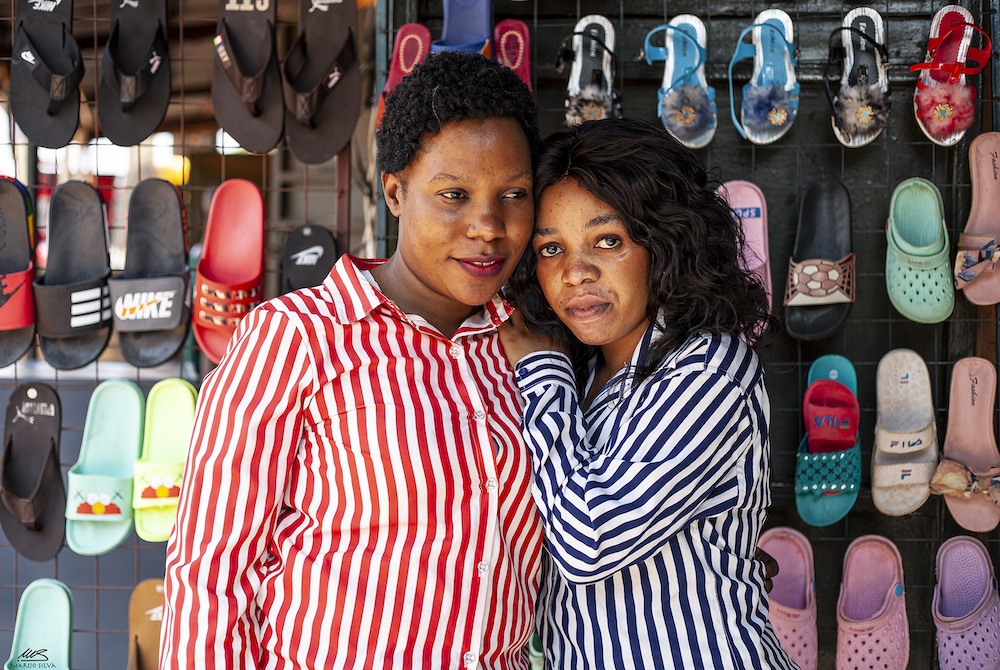Building Social Cohesion: Stories of Hope from Refugee Integration Projects in Turkey and Uganda
This is a guest blog by Abdallatieph Sabbagh, a former intern for IPA’s Peace & Recovery Program currently pursuing his Master’s at Columbia University’s School of International and Public Affairs. Forced to flee his home country of Syria due to violence, Abdallatieph resettled in Turkey. His personal experience with displacement shapes his research, which focuses on addressing the needs of refugees while fostering lasting social cohesion with host communities.
Imagine arriving in an unfamiliar country, and leaving everything behind to escape conflict or persecution. This is the harsh reality for millions of refugees, yet, amidst the challenges, there are stories of resilience and hope. However, successful integration requires more than just supporting refugees. Studies from IPA’s Peace & Recovery Initiative, conducted by researchers with local partners, demonstrate the importance of addressing the needs and perceptions of host communities. Recent program evaluations reveal that inclusive programming targeting both refugees and host communities can effectively foster social cohesion.
Inclusive Education
Recent program evaluations from different contexts show that inclusive education targeting both refugees and host communities can be effective in fostering social cohesion and refugee integration.
One example is an evaluation by IPA researchers of a program in Turkey called "Understanding Each Other (UEO)," implemented in partnership with local institutions, aimed to promote empathy between Turkish and Syrian refugee children. Through interactive activities and storytelling sessions, UEO helped both refugee and host children learn valuable social skills. Following the program, bullying incidents decreased by 65 percent and friendships blossomed across ethnic lines. These efforts underscore the role of schools in fostering mutual understanding and a sense of belonging. It also demonstrates that school-based interventions are more impactful if they actively involve children from host and refugee communities; rather than focusing (solely) on the latter.
Economic Empowerment
Beyond shelter and safety, refugees need access and skills to build their livelihoods and contribute to their communities. In Uganda, researchers evaluated a program developed with a local partner, Young African Refugees for Integral Development (YARID). The program equips refugees with skills training and internships with local firms. For example, Mariam, a Ugandan citizen, and Sifa, a Congolese refugee, worked together in a beauty salon—a job Sifa secured through the internship program and has since continued as a regular employee. Through vocational training facilitated by YARID, Sife and other refugees have acquired a range of skills, enabling them to support their families and gain broader recognition and acceptance.

Another study in Uganda, also in partnership with YARID along with the Bondeko Refugee Livelihoods Centre, evaluated the impact of short-term internships and skills certifications on firms’ willingness to hire refugees. The study found that firms paired with skilled refugee interns were three times more likely to hire another refugee eight months after the intervention compared to firms that did not receive refugee interns. These results suggest that exposing employers to refugee workers can correct misconceptions about their productivity and skills, influencing future hiring decisions. While the impact on employers' attitudes was mixed, this intervention highlights the potential for similar programs to advance the livelihoods of refugees, the perspectives of employers in host communities, and the local economy.
These examples from Uganda can serve as valuable models for policymakers in major refugee-hosting countries, like Turkey. Both Uganda and Turkey face similar challenges, such as economic strain and social tensions between refugees and host communities. In Uganda, refugee-led businesses and entrepreneurship have flourished due to supportive policies that allow refugees to work and access markets. Intergroup contact, perspective-taking, and improved information—facilitated by local partners—have equipped refugees and host communities with skills and resources to shift attitudes and promote economic and social inclusion.
Addressing misinformation is key to promoting social acceptance between refugees and host communities. Drawing lessons from Uganda, policymakers can help reshape perceptions, demonstrating that refugees can contribute significantly to economic growth and sustainability.
Building Social Cohesion
Despite the ongoing challenges to integration studies, like those above from Turkey and Uganda can inform the path forward. Innovations in both countries are breaking down stereotypes and building stronger relationships between refugees and host populations. Effective social and economic integration requires engaging both refugees and host communities to create inclusive societies where refugees can thrive.












